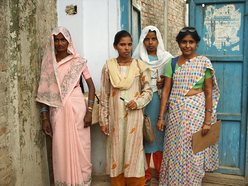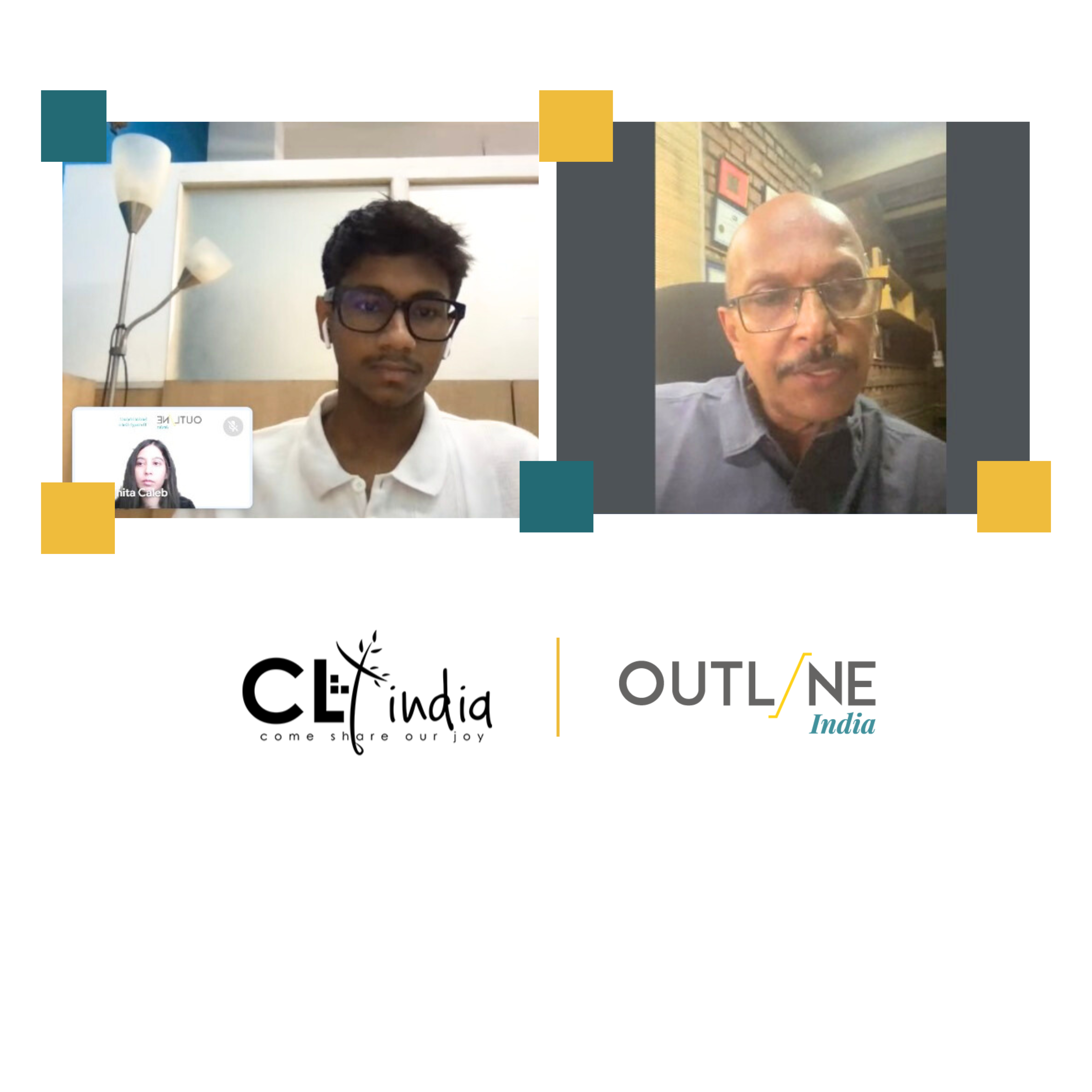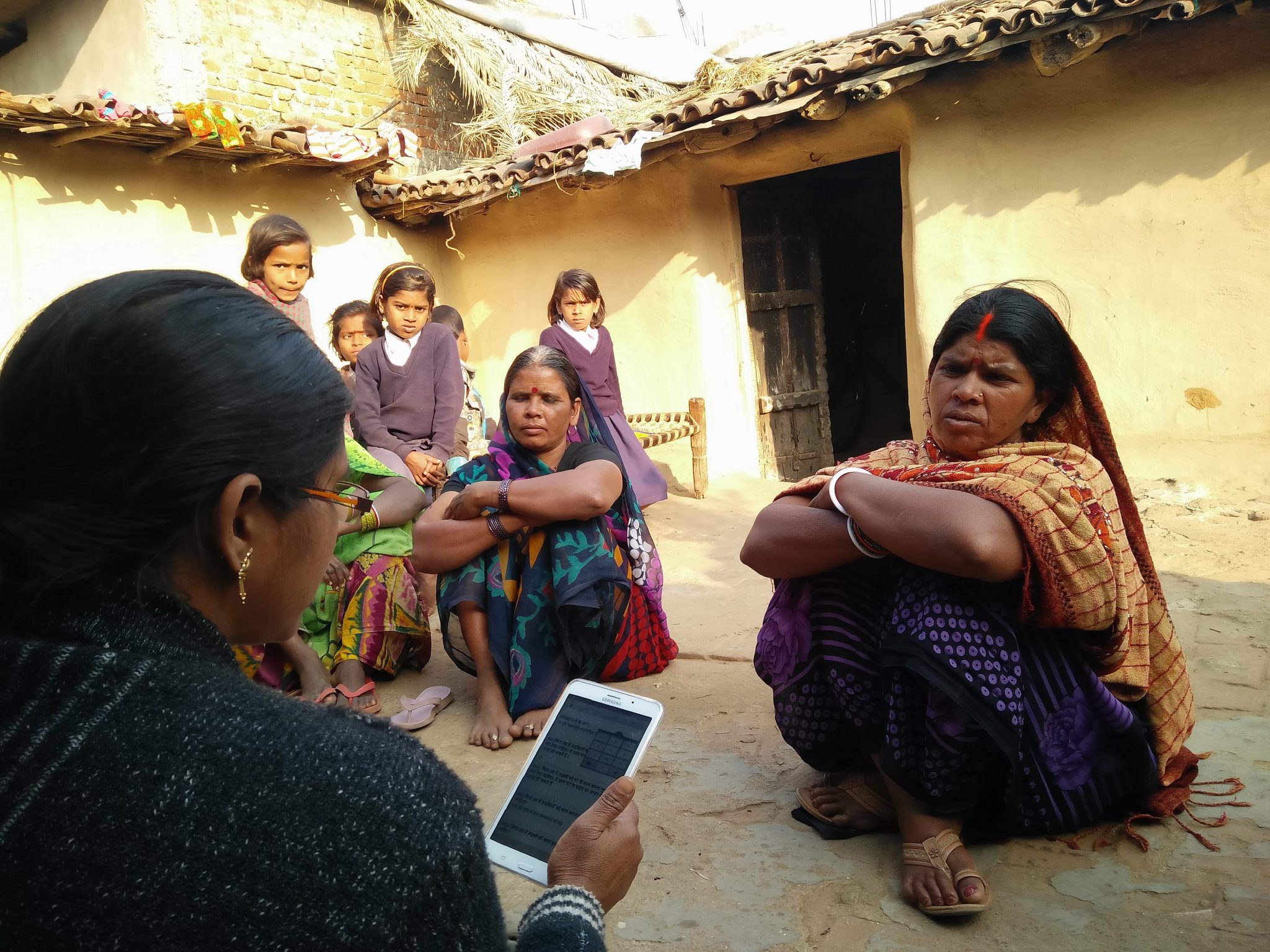Blog Details
The blog explores the impacts of coronavirus pandemic from a gender perspective. The blog highlights the issues faced by women in India, what the government has done, and what should be the way forward.
The coronavirus pandemic is wreaking havoc around the globe as 7 million people have tested positive for the disease. India’s tally has surpassed more than 3.32 lakh COVID-19 cases and 9500+ people have succumbed to the disease. These numbers, however, conceal the gender dimension to the pandemic that is amplifying gender inequality in India. Although all vulnerable populations are suffering, women suffer higher deprivation because of a patriarchal society and prevalent gender and social norms.
70% of health-care and social services workers around the world are women. India’s first line of defense against coronavirus is its 2.7 million Anganwadi workers and about 1 million ASHA workers who are female volunteers spreading awareness about disease prevention, distributing rations, screening people for coronavirus in their communities, monitoring contract tracing and reporting suspected cases. Despite their nature and scale of work, they do not have enough PPE kits, masks, and sanitizers which exposes them to the risk of contracting the virus and despite the danger to their lives, they get a meagre salary.
Evidence indicates that at times of crises women and children were particularly vulnerable. Across the world and even in India, we are witnessing a shadow crisis within this coronavirus pandemic- the surging domestic violence and mental health crisis. With nationwide lockdowns and physical distancing rules, growing economic uncertainties, distress and frustration, domestic violence is on the rise and women and children are at greater risks as they do not have access to safe spaces like schools or workplaces.
While the National Commission for Women (NCW) recorded 310 complaints of domestic violence between the beginning of March and April 5th, the Delhi Police recorded 1612 calls reporting domestic violence in the second week of April. These numbers are expected to be underreported because women might have no access to a phone to call for help. This high-tension situation and lack of access to adequate support systems while being trapped at home can push women into depression, trauma and anxiety.
The temporary ban on family planning services and the consequent difficulty for couples to access family planning services is another issue. A Foundation for Reproductive Health Services (FRHS) India analysis revealed that 2.56 crore couples will be unable to access contraception services until normalcy returns, which will lead to an additional 23 lakh unintended pregnancies, 6.79 lakh childbirths, 14.5 lakh abortions out of which 8.34 are unsafe abortions and 1743 maternal deaths. These risks can impact the well-being of women due to isolation, violence, feelings of shame and low self-esteem.
With 94% of the female labour force engaged in the informal economy, women workers have been deeply impacted due to the loss of work and income because of the ongoing crisis. SEWA Bharat conducted a phone survey to assess the gender-based impacts of lockdowns. The survey found that 78% of respondents were out of savings entirely and for the rest, their savings is not going to last for long. A recent study has also indicated that with 135 million job losses, 120 million people will be pushed into poverty. Historically, women have taken a longer time to return to their pre-outbreak income levels, and this can be expected in this current pandemic too.
Paired with a lack of nutrition and adequate food for women, especially pregnant women, at the Anganwadi centres and the migration exodus, the lockdowns have increased undernutrition risk and vulnerability for women. Disrupted supply chains due to lockdowns have also impacted the availability and access to menstrual hygiene products. A Menstrual Health Alliance India (MHAI) survey stated that 22% of the organisations part of the alliance do not have access to menstrual products. Women lack private and safe water and sanitation facilities which can have poor health outcomes for women and young girls.
Hence, it is imperative to implement a gender lens in assessing the socio-economic impact of this pandemic in India. Under the Pradhan Mantri Gareeb Kalyan package, the government has provided an insurance cover of INR 50 lakh to 22.12 lakh public healthcare workers who are at high risk of contracting the virus. The collateral-free loans to SHGs have been doubled from INR 10 lakhs to 20 lakhs, benefitting 7 crore families. 20 crore women Jan Dhan bank account holders will receive INR 500 per month for three months ending June. In the longer term, it is imperative to provide continued social protection and income-support to vulnerable women such as single mothers, domestic workers, self-employed women, refugee women and girls and widows. The frontline health workers like the ASHAs and Anganwadi workers must be provided with protective equipment, sanitizers, COVID-19 testing kits and increased compensation and benefits like any other government employee. Their network must be strengthened and protected on a priority basis. Psycho-social support to health workers is also needed, given the backdrop of stigmatization and violence that they have been receiving from certain communities.
The first step to addressing gender-based violence is to conduct a quick study to comprehend the scale of the problem in India and build support systems into the coronavirus response. Women’s organizations must be proactively included in coronavirus policy and self-quarantine must be prescribed only after assessing a woman’s condition at home. Victims of violence must be put up in safe spaces away from home. Helplines for domestic violence reporting and psycho-social support must be an essential service in the current situation. For women who have difficulty in reaching out due to fear, measures such as code words and code numbers must be implemented, and the network of ASHA workers must be utilized to inquire about stress or violence. Women and girls who are economically dependent on their abusers could benefit from properly designed cash transfers.
Pandemic specific family-planning awareness campaigns are required, especially in rural areas. An emergency package of sexual and reproductive health services must be made available to women. The health workers must be incentivized to continue maternal and child health services and should be trained to use digital tools to provide consultation services on family planning. Menstrual hygiene kits must be made available and accessible to even the last mile populations. Also, the cash incentives and instalments under the Janani Suraksha Yojana and Pradhan Mantri Matru Vandana Yojana must be paid in advance. It is crucial to identify the most marginalised women who are refugees, have disabilities, live in conflict-stricken areas or remote communities and find ways to reach them and alleviate their sufferings.
A gender-friendly policy which recognizes the gender dimensions of this pandemic and mitigates these gaps in outcomes for men and women is the need of the hour. Data and monitoring are central to during and post-pandemic policy design and implementation, as it can be useful in mapping the last mile vulnerable populations and identifying associated deprivations. Policies and measures to address domestic violence against women, safeguard and secure frontline health workers, providing mental health support to women, family-planning services and menstrual hygiene kits, income support to informal sector workers, mitigating malnutrition among women and increasing employment opportunities for them are critical to minimize the differential outcomes in the society.








David Angel Makel
IT ConsultantIt is a long established fact that a reader will be distracted by the readable content page looking at its layout point of using normal